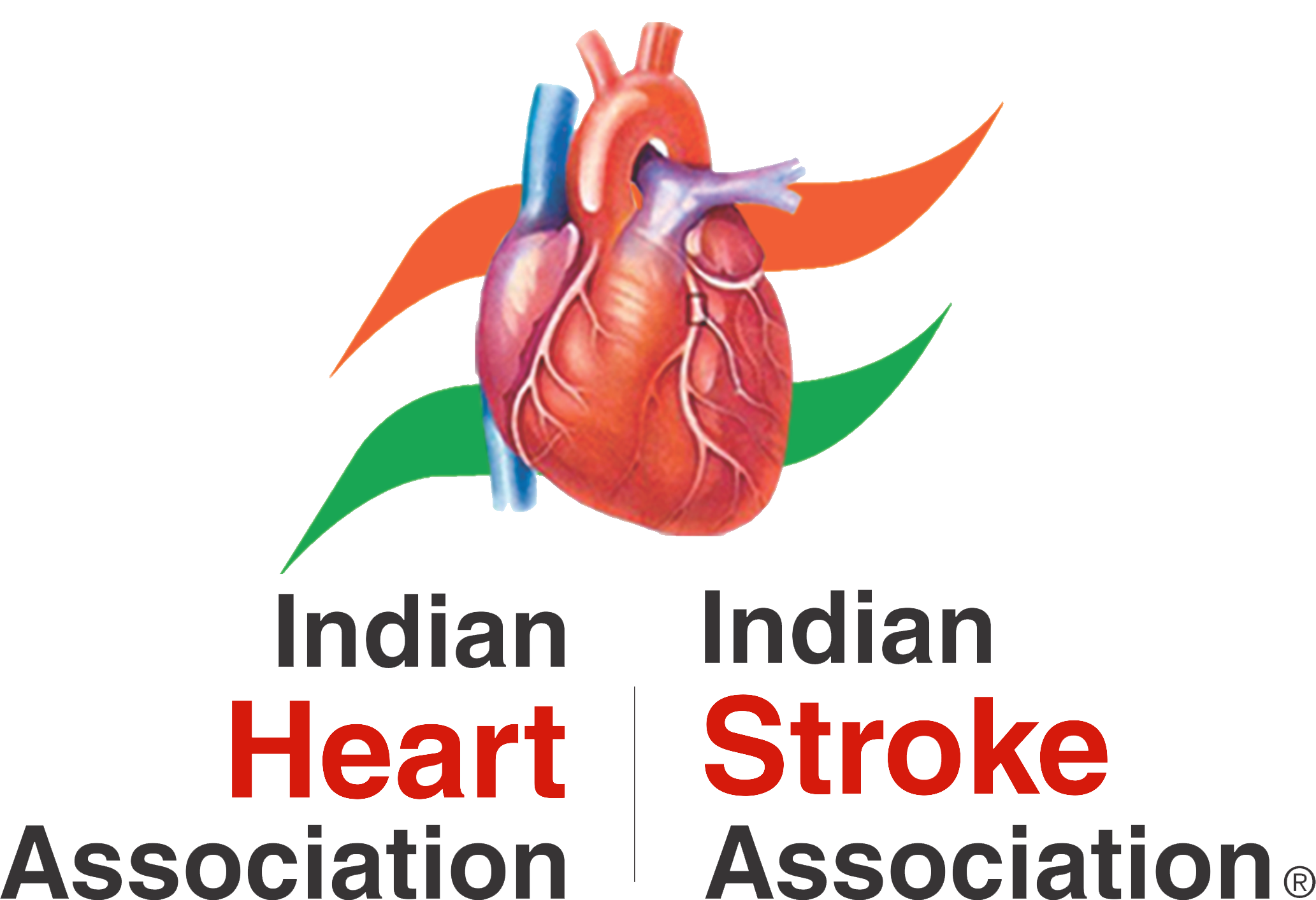Stress and Depression contribute to heart attacks, stroke, and sudden death.
Why Stress and Depression?
Both stress and depression are associated with heart disease. More heart attacks and strokes occur on Monday morning at the start of the work week than any other day of the week! Stress, particularly emotional upset including anger, as well as depression increase inflammatory hormones such as cortisol and epinephrine in the blood. These contribute to cardiovascular disease by promoting thrombosis (blood clot) in the context of atherosclerosis. In addition, depression is associated with diabetes, obesity, and metabolic syndrome. Chronic stress is associated with an almost three-fold increase in heart disease risk.
Symptoms of Stress and Depression
Symptoms of stress include a change in sleeping habits, mood swings, racing heart, anger or fear, and changing appetite patterns. Signs of depression include early morning awakening, persistent sad mood, feelings of hopelessness or guilt, fatigue, and loss of interest in daily activities.
Emotional Health and South Asians:
Some studies have demonstrated that there is a stigma to seeking help for stress or depression in the South Asian community. Suicide rates are higher among South Asians compared to other ethnic groups. Among South Asian immigrants to the U.S. or U.K, language and cultural barriers can be hurdles to seeking mental health care. A sense of isolation among South Asian diaspora, particularly among the elderly and those who are new immigrants, is a major contributor to depression and stress.
What can you do to prevent stress and depression?
Stress can be managed through lifestyle modifications. Daily deep breathing or meditation has been shown to decrease stress, improve mental well-being, and decrease the risk for heart disease. Daily exercise or physical activity (whether walking, playing with your kids, or gardening) also decreases stress and depression. Social or religious activities can be very helpful in promoting mental wellness and provide opportunities for meaningful social interaction. Avoiding smoking as well as excess alcohol and caffeine can be helpful. A healthy diet including daily breakfast, abundant fresh fruits and vegetables, and whole grains and nuts also promotes mental health. Finally, don’t underestimate the importance of 8 hours of restful sleep a night which rejuvenates the mind and body.
Finally, if you are a South Asian suffering from anxiety or depression, know that there are millions of others like you and don’t be afraid to seek help!
Further Reading
World Heart Federation Cardiovascular Disease and Stress: http://www.world-heart-federation.org/cardiovascular-health/cardiovascular-disease-risk-factors/stress/
American Heart Association Stress and Heart Disease: http://www.heart.org/HEARTORG/GettingHealthy/StressManagement/HowDoesStressAffectYou/Stress-and-Heart-Health_UCM_437370_Article.jsp
Palo Alto Medical Foundation Stress and Depression in South Asians Handout: http://www.pamf.org/southasian/support/handouts/stress_depression.pdf
